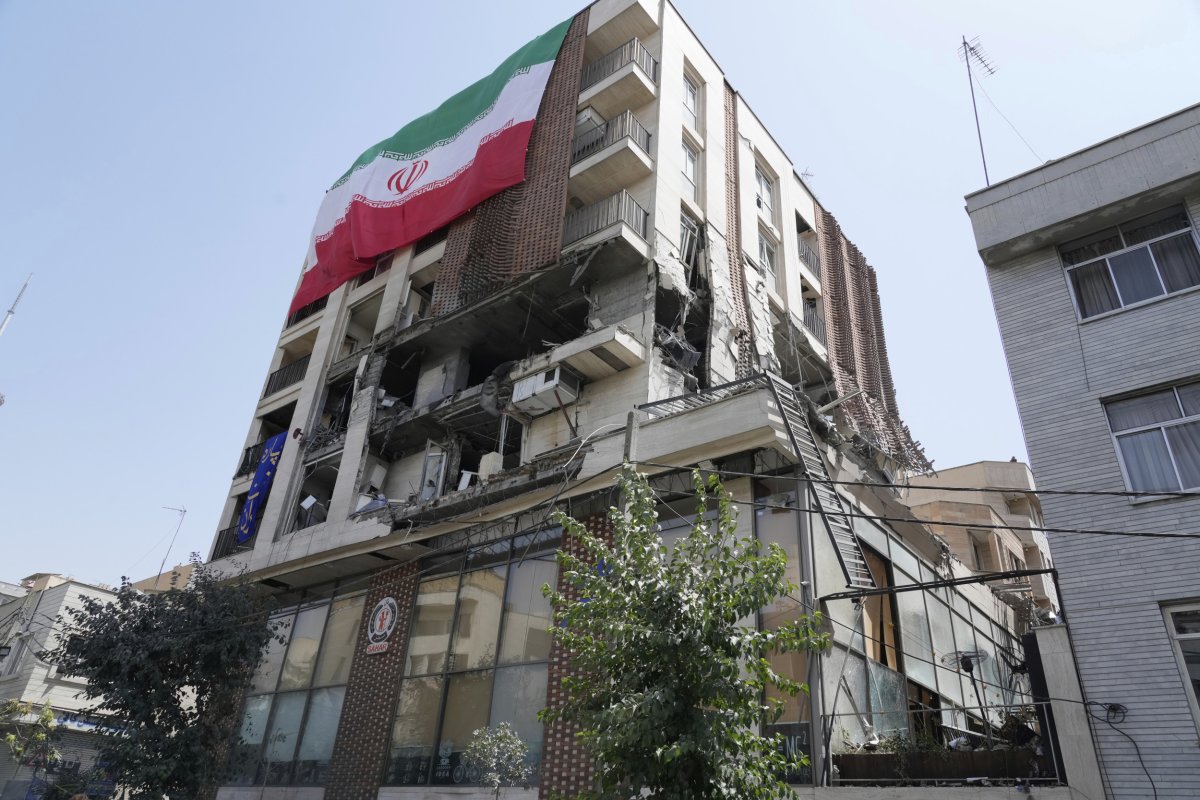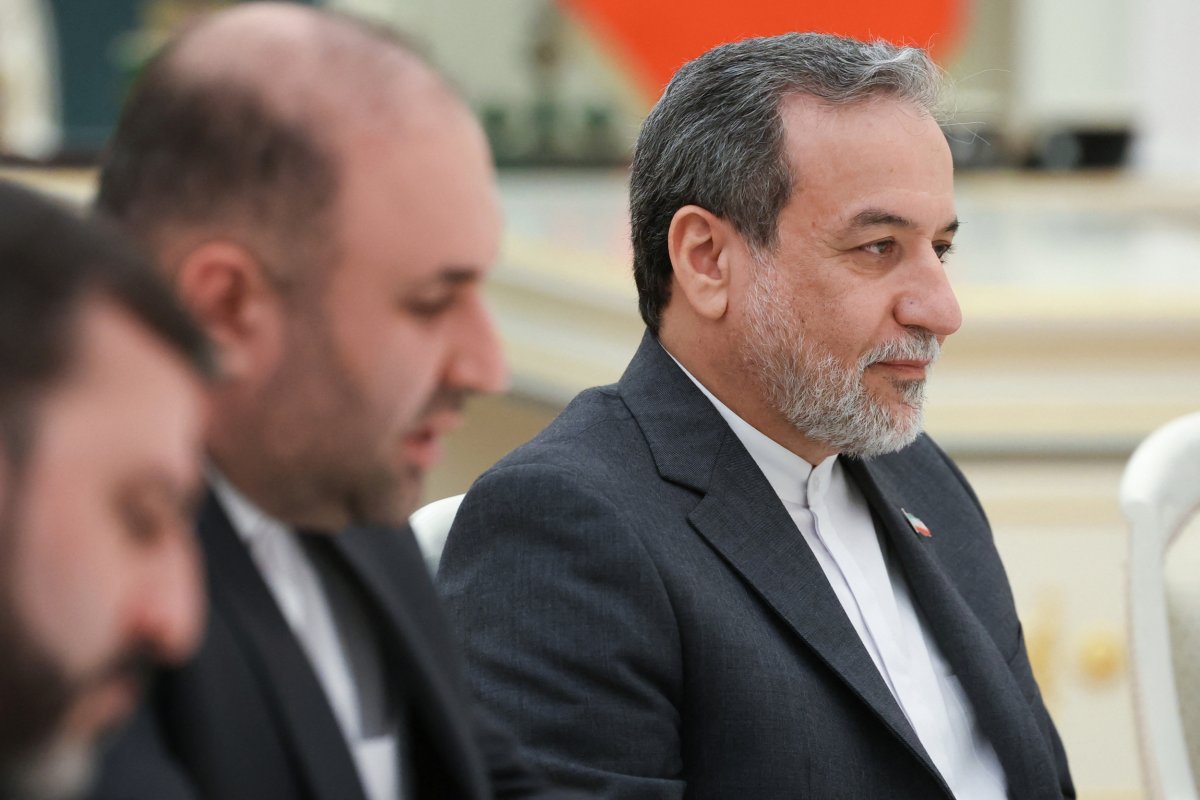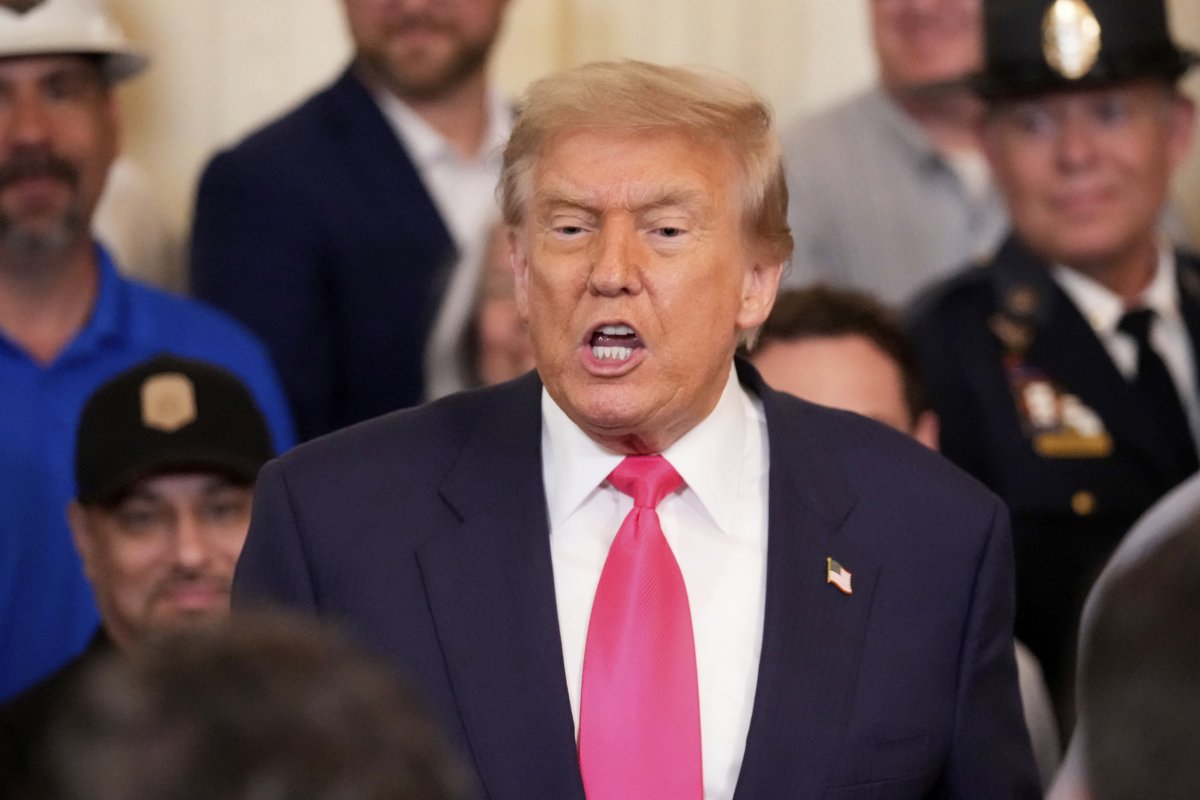Iran’s foreign minister has ruled out any imminent return to nuclear negotiations with the United States, calling talk of renewed diplomacy after the war with Israel “speculation” and insisting that “there has not even been talk of negotiations.”
Abbas Araghchi’s comments came after U.S. President Donald Trump announced a ceasefire between the two countries and suggested that discussions with Tehran could resume as early as next week.
Newsweek has reached out to the State department for comment.
Why It Matters
The pause in direct conflict has not eased global concerns as Iran’s refusal to resume nuclear talks signals a major setback. Tehran’s rejection shows that U.S. pressure has hardened its stance, narrowing oversight after damage to its nuclear sites and suspended inspections. For Washington, this undermines months of diplomacy and weakens efforts to contain nuclear risks. The international community now faces fewer tools to prevent Iran’s nuclear advancement, setting a troubling precedent where military action, not dialogue, shapes engagement limits.

An Iranian flag hangs on a building which was hit by an Israeli strike last week, in Tehran, Iran, Wednesday, June 25, 2025.
An Iranian flag hangs on a building which was hit by an Israeli strike last week, in Tehran, Iran, Wednesday, June 25, 2025.
Vahid Salemi/AP Photo
What to Know
In an interview with Iranian state TV, Araghchi denied any agreement to restart nuclear negotiations, pushing back on Washington’s expectations. The conflict, sparked by Israeli strikes on June 13 and followed by U.S. attacks on Iran’s nuclear sites, abruptly ended talks aimed at reviving a deal. “The situation has completely changed and it is not possible to reach an agreement as easily as in the past,” he said.
Araghchi accused the U.S. and Israel of deliberately provoking the conflict despite ongoing diplomacy. When European mediators urged Iran to halt the fighting and return to talks, he responded, “What do you mean? We were in the middle of diplomacy! They were the ones who started the war.”
Despite rejecting formal negotiations, Araghchi stressed that diplomatic channels remain open. Messages continue to pass through mediators like Oman’s Foreign Minister, who led the previous five rounds of talks. A planned sixth round in Oman was canceled after the outbreak of conflict.

In this pool photograph distributed by the Russian state agency Sputnik, Iranian Foreign Minister Abbas Araghchi attends a meeting with Russia’s President at the Kremlin in Moscow on June 23, 2025.
In this pool photograph distributed by the Russian state agency Sputnik, Iranian Foreign Minister Abbas Araghchi attends a meeting with Russia’s President at the Kremlin in Moscow on June 23, 2025.
Alexander Kazakov/Getty Images
Damage to nuclear sites
Araghchi also acknowledged that the U.S. strikes inflicted “serious harm” on its nuclear facilities. “This damage has not been minor—serious harm has been done to our facilities,” he said, noting that Iran’s Atomic Energy Agency is conducting a thorough assessment of the destruction.
In the U.S., debate continues over the strikes’ effectiveness. President Trump declared the attacks “obliterated” their targets, but some senior Democrats remain skeptical about how much was truly destroyed.
What People Are Saying
Iran’s Foreign Minister Abbas Araghchi: “No agreement has been made to restart negotiations, and there has not even been talk of negotiations. There is no point in negotiating now.”
President Donald Trump: “Iran’s key nuclear enrichment facilities have been completely and totally obliterated.”
Democrat Senator Chris Murphy: “The president was deliberately misleading the public when he said the program was obliterated.”
What Happens Next
The U.S. faces a tough path as Iran rejects talks and hardens its stance after recent strikes. Washington must balance pressure on Tehran with regional concerns, risking further instability. How the U.S. handles this will impact the future of the nuclear deal and Middle East security

President Donald Trump speaks at an event to promote his domestic policy and budget agenda in the East Room of the White House, Thursday, June 26, 2025, in Washington.
President Donald Trump speaks at an event to promote his domestic policy and budget agenda in the East Room of the White House, Thursday, June 26, 2025, in Washington.
Mark Schiefelbein/AP Photo
